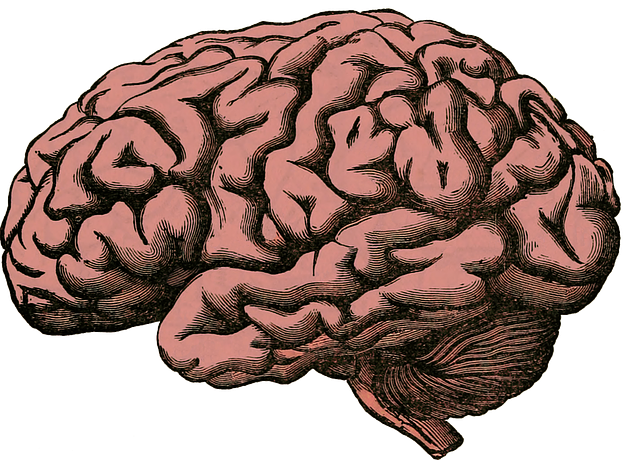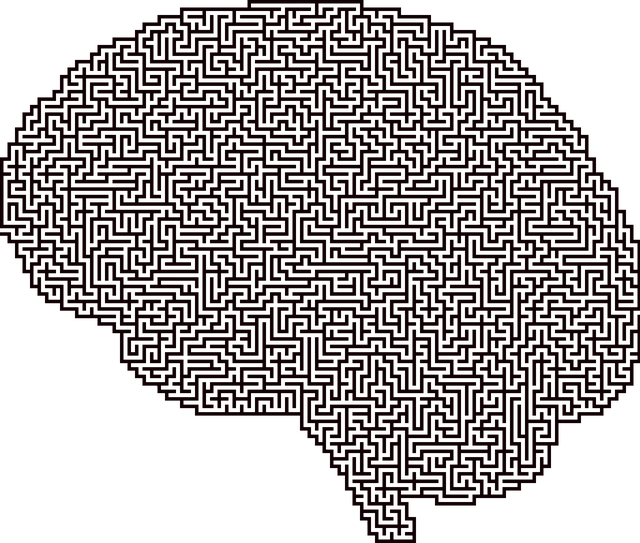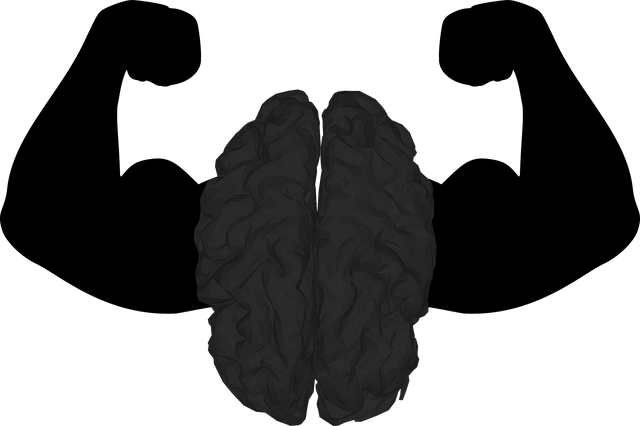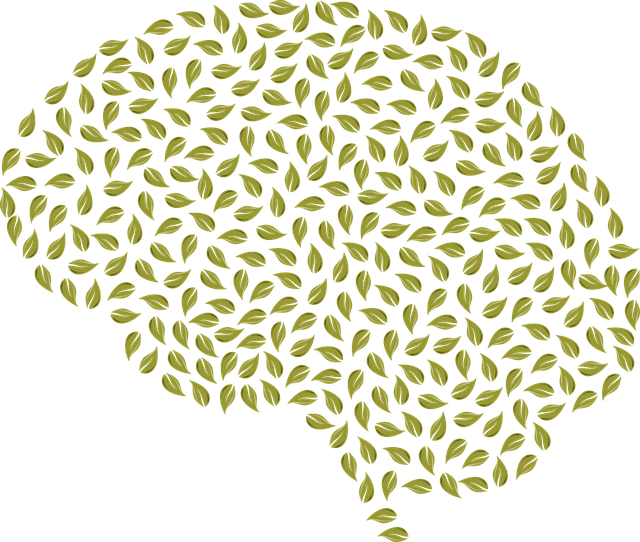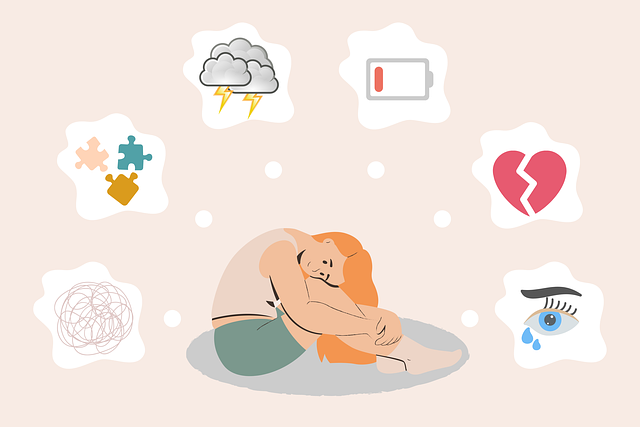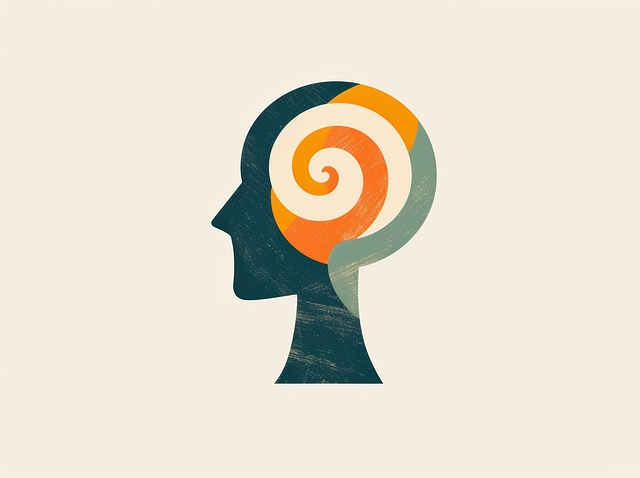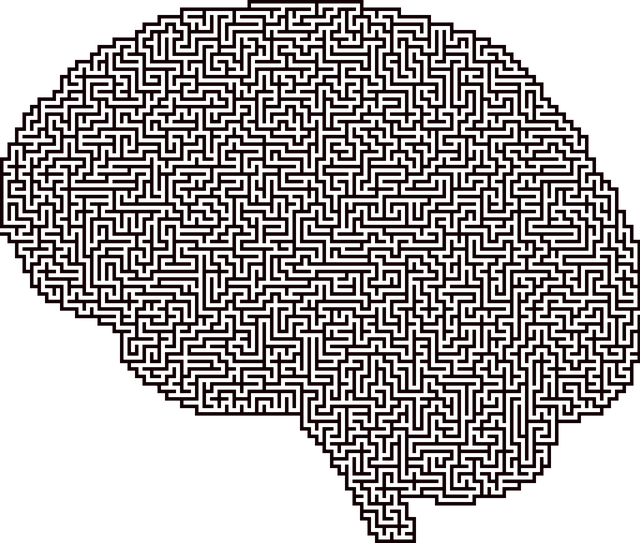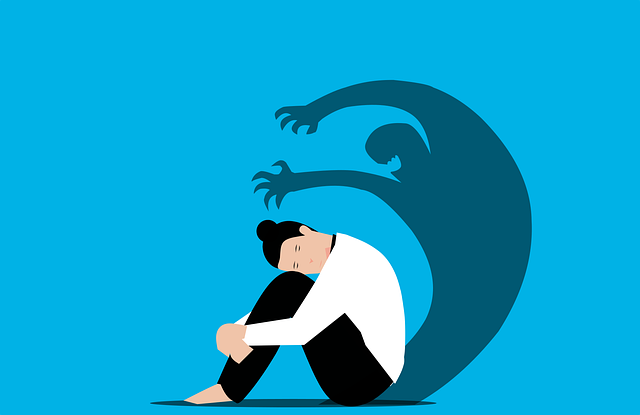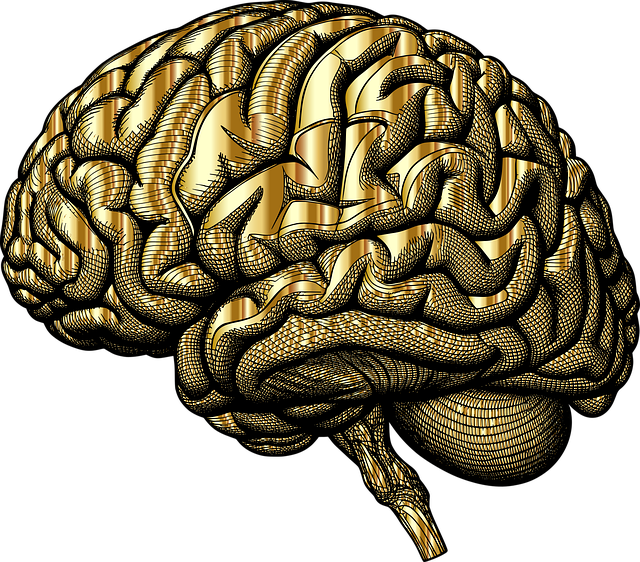Depression, affecting millions globally, is a multifaceted disorder with biological and environmental roots. While genetics and life events contribute, so do conditions like ADHD. Proactive management involves recognizing triggers, building inner strength through mindfulness, therapy for ADD-ADHD, anxiety relief techniques, and improved communication. Cognitive Behavioral Therapy (CBT) effectively prevents and manages depression by changing negative thought patterns. Combining CBT with self-care practices and healthy lifestyle changes offers a holistic approach. Antidepressants target neurotransmitters, but therapy like CBT remains crucial. Community outreach programs and social groups build support networks, reducing isolation. Alternative practices like exercise, mindfulness, and nature immersion enhance well-being, especially for individuals with ADD-ADHD.
Depression is a prevalent mental health challenge, but with proactive strategies, individuals can equip themselves to prevent and manage it effectively. This article explores comprehensive approaches to combat depression, offering insights into various therapeutic options, lifestyle changes, and support systems. From cognitive behavioral therapy (CBT) for mood regulation to alternative therapies, we delve into effective ways to navigate and overcome low moods. Additionally, we discuss the role of medication, including antidepressants, and their potential benefits.
- Understanding Depression and Its Triggers
- Cognitive Behavioral Therapy (CBT) for Mood Regulation
- Lifestyle Adjustments to Combat Low Mood
- Medication Options: Antidepressants and Beyond
- Support Networks and Alternative Therapies
Understanding Depression and Its Triggers

Depression is a complex mental health disorder that affects millions worldwide. Understanding its triggers is a crucial step in prevention. While genetics and biology play a role, environmental factors often contribute significantly. Stressful life events, such as loss of a loved one, major life changes, or chronic stress at work or home, can trigger depressive episodes. Additionally, certain conditions like Attention-Deficit/Hyperactivity Disorder (ADHD) may increase vulnerability to depression due to challenges in managing emotions and coping with tasks.
Recognizing personal triggers is essential for developing effective strategies. Building inner strength through mindfulness practices and therapy for ADHD can enhance resilience. Anxiety relief techniques, coupled with improved communication strategies, empower individuals to manage stress better. By identifying patterns and understanding the connection between thoughts, feelings, and behaviors, people can gain control over their mental health and take proactive steps towards prevention.
Cognitive Behavioral Therapy (CBT) for Mood Regulation

Cognitive Behavioral Therapy (CBT) is a highly effective approach to mood regulation and has shown significant success in preventing and managing depression. This form of therapy focuses on identifying and changing negative thought patterns and behaviors, helping individuals gain a more positive outlook on life. CBT encourages patients to challenge their distorted thinking and replace it with realistic, balanced thoughts, thus improving overall mental well-being.
By targeting specific issues like low self-esteem and pessimistic thinking, CBT can be especially beneficial for those dealing with ADD/ADHD as well. Enhancing confidence and learning effective coping mechanisms can aid in burnout prevention strategies for healthcare providers who often experience high stress levels. Self-care practices, such as mindfulness and structured routines, are also integrated into CBT to promote a healthier lifestyle and support long-term mental health management.
Lifestyle Adjustments to Combat Low Mood

Maintaining a healthy lifestyle can be a powerful tool in preventing and managing depression. Simple adjustments to daily routines can significantly impact mood regulation. Encouraging individuals to prioritize consistent sleep patterns, for instance, can improve overall well-being. Regular exercise is another essential strategy; releasing endorphins through physical activity naturally boosts positive thinking and reduces stress levels.
Additionally, structured meal plans with a focus on nutrition can stabilize energy levels and improve mental clarity. Combining these lifestyle practices with evidence-based therapy, such as cognitive-behavioral therapy or even therapy for ADD/ADHD, offers a comprehensive approach to combating low mood. Community outreach programs and trauma support services also play a vital role in fostering social connections, promoting positive thinking, and providing additional resources for those dealing with depression.
Medication Options: Antidepressants and Beyond

Antidepressants play a significant role in depression prevention and treatment plans, offering various medications to target specific symptoms. These medications work by altering neurotransmitter levels in the brain, such as serotonin and norepinephrine, which are often imbalanced in individuals experiencing depression. Selective Serotonin Reuptake Inhibitors (SSRIs) and Serotonin-Norepinephrine Reuptake Inhibitors (SNRIs) are commonly prescribed, known for their effectiveness and relatively mild side effects compared to older antidepressants.
While medication can be a powerful tool, it’s essential to consider that therapy remains a cornerstone in depression prevention and management. Cognitive Behavioral Therapy (CBT), in particular, has shown success in treating not only depression but also Attention-Deficit/Hyperactivity Disorder (ADHD), offering strategies for emotional well-being promotion and anxiety relief. Combining medication with therapy, such as CBT, can lead to more comprehensive and lasting results, especially when supported by community outreach programs that implement effective emotional well-being promotion techniques.
Support Networks and Alternative Therapies

Building strong support networks is a vital part of depression prevention. Connecting with others through community outreach programs and social groups can provide a sense of belonging and reduce feelings of isolation. These connections offer opportunities for sharing experiences, gaining different perspectives, and receiving emotional support from peers who understand what one is going through. For individuals with Attention Deficit Disorder (ADD-ADHD), supportive communities can be especially beneficial, as they often provide spaces to foster social interactions and develop coping strategies tailored to their unique needs.
Complementing traditional therapy with alternative practices can also enhance mental well-being. Self-care routines, such as regular exercise, mindfulness meditation, and maintaining a balanced diet, have been shown to significantly improve mood and reduce symptoms of depression. Incorporating creative outlets like art or music therapy, along with natural stress relievers like yoga or spending time in nature, can offer additional avenues for healing and emotional expression. These alternative therapies not only promote relaxation but also foster self-awareness and resilience, contributing to a more comprehensive approach to mental health management.
Depression prevention is a multi-faceted approach that combines understanding our mental health, utilizing effective therapy like CBT, making positive lifestyle adjustments, exploring medication options, and building strong support networks. By integrating these strategies into daily life, we can better navigate and prevent episodes of low mood, including symptoms often associated with ADD-ADHD. Remember, seeking help is a sign of strength, and with the right tools and support, managing and preventing depression is achievable.
